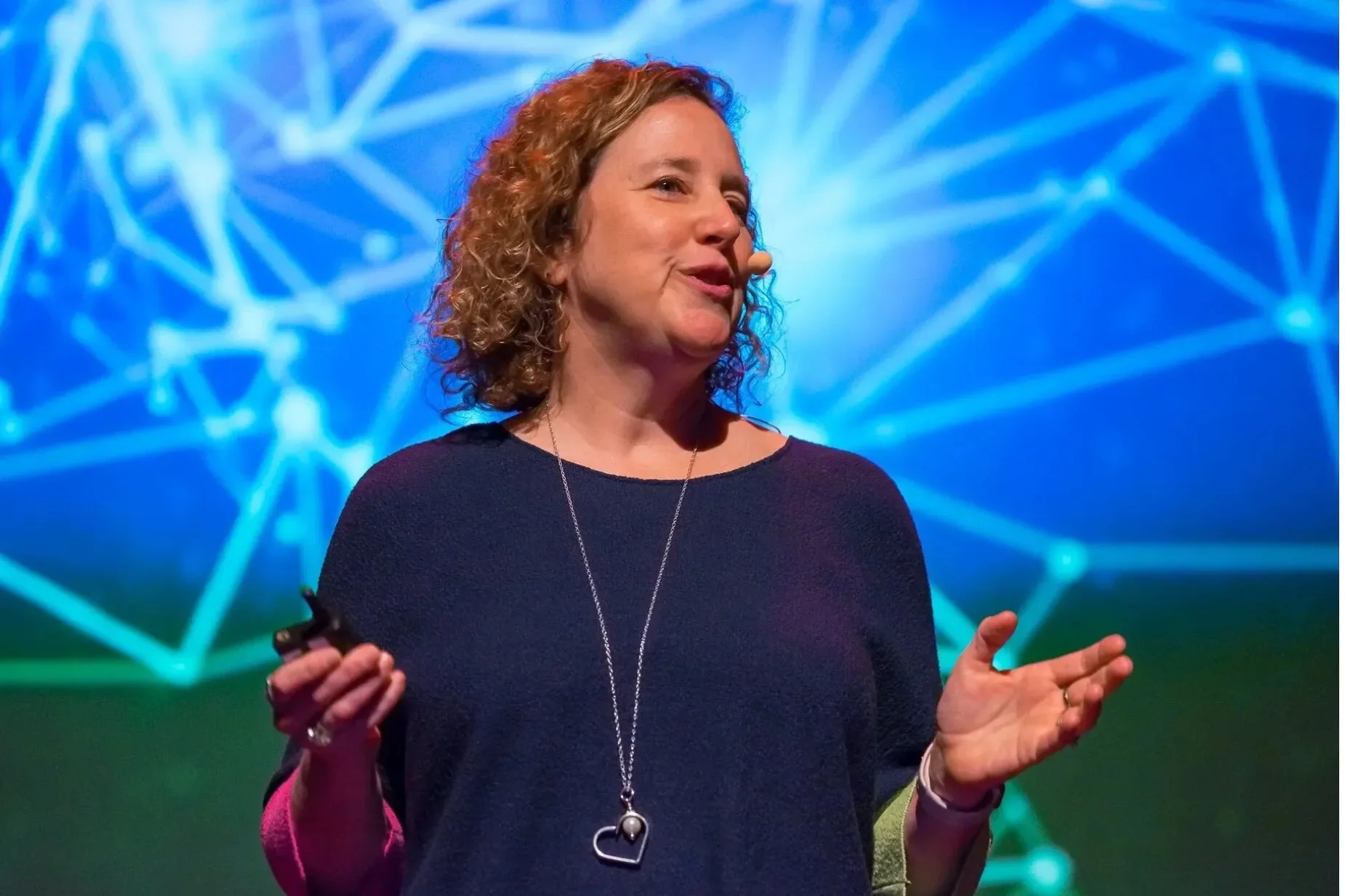Leadership and Well-being: Working Together
Beyond Self Care
Subscribe on Apple Podcasts, Amazon Music & Audible or Spotify!
Or subscribe here for an email with each episode!
In this episode, Dr. Jenny Weiner, an associate professor of educational leadership at the University of Connecticut, discusses her research and advocacy for more inclusive and equity-driven approaches in educational leadership. She emphasizes the need to shift leadership from a focus on individual charisma to creating supportive conditions that allow teachers and students to thrive. Dr. Weiner also touches on the interconnectedness of leadership, wellbeing, and equity, advocating for leaders to foster environments where staff feel safe to take risks, learn, and grow without fear of shame or judgment.
“We take it for granted that the best way to change things is by pleading or cajoling, when in fact, the best way to create change is through structural changes to how we do and think about our work.” – Jennie Weiner
Her research delves into the challenges faced by leaders, especially during crises like the COVID-19 pandemic. She explains how the pandemic exposed existing inequities and forced school leaders to make rapid decisions under difficult circumstances, highlighting the importance of collective accountability and psychological safety in school environments. Dr. Weiner's work also explores gender and racial biases in leadership, emphasizing that the feminization of the teaching profession has often resulted in leadership structures that fail to prioritize learning and wellbeing.
“Real learning requires you to have to ask questions about why… and how those theories of action may not be totally aligned with what you're actually doing.” – Jennie Weiner
“The ones who are most successful are the ones who create conditions for their team to be able to make decisions and to thrive that way.”
Show Notes:
Guest: Dr. Jennie Weiner is an Associate Professor of Educational Leadership at the University of Connecticut, dedicated to reshaping educational leadership to be more inclusive and equity-driven for both students and educators. Her research focuses on leadership and organizational change, particularly in under-resourced and underperforming schools, as well as examining gender and racial bias in leadership roles. She also explores educational infrastructure at the local, district, and state levels. Dr. Weiner holds an M.Ed. and Ed.D. in Administration, Planning, and Social Policy from Harvard Graduate School of Education.
Key Takeaways
Redefining Leadership:
Dr. Weiner emphasizes the need to redefine leadership, focusing on creating conditions for others to do their best work rather than personal charisma or authority. This redefinition centers on fostering environments that promote learning, safety, and personal growth.
Intersection of Leadership and Wellbeing:
Leadership, in Dr. Weiner’s view, is deeply tied to well-being. Leaders should create safe spaces where people feel free to take risks and make mistakes, which parallels how students are encouraged to learn. This inclusive and empathetic approach to leadership is essential for growth and success.
Focus on Organizational Change in Education:
Her research explores how educational leaders, particularly in K-12 settings, can foster organizational change to improve both individual and collective outcomes. She connects this to systemic issues such as gender bias and the deprofessionalization of teaching, especially in female-dominated spaces.
Relational Leadership vs. Structural Change:
Effective leadership in education is not just about being kind and caring; it's about creating conditions where care can be institutionalized and shared throughout the organization.
Sustainable Solutions for Leadership:
Helping leaders create conditions for well-being and empowerment involves both structural and mindset shifts, including recognizing gaps between intended and actual leadership practices. Successful leaders empower their teams to make decisions and thrive rather than centralizing authority or trying to solve every problem themselves.
“We have to respect and treat people with humanity and humility... which are deeply connected to how we think about leadership and wellbeing.”


